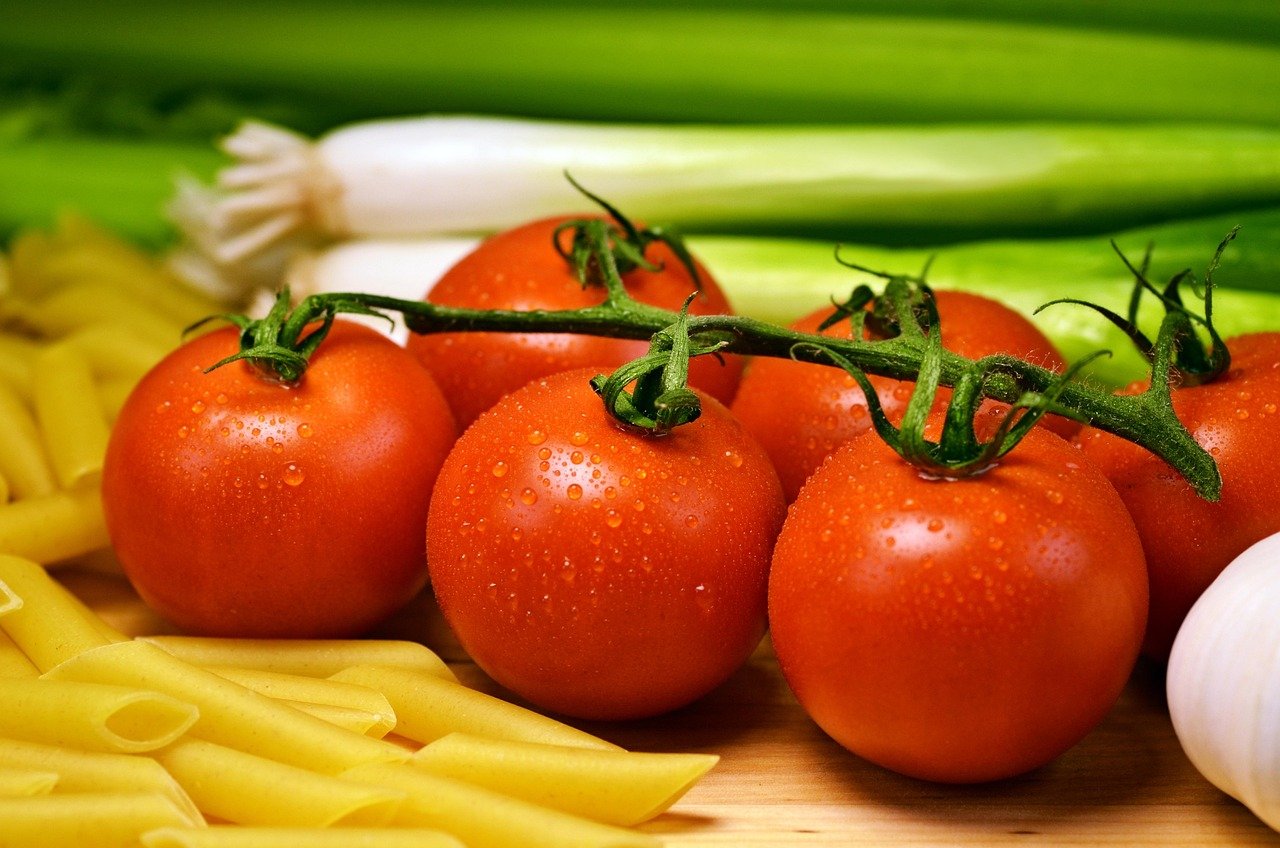Plant-Based Eating on the Rise: Food Trends from Sydney to Perth

Whether it's oat milk in your morning flat white or a jackfruit taco at dinner, plant-based food has quietly become a culinary staple in Australia. Driven by health, climate awareness, animal welfare, and innovative food tech, the plant-based movement is no longer a niche — it’s mainstream.
A Nation Shifting Its Diet
According to Roy Morgan research published in early 2025, over 2.7 million Australians now identify as vegetarian or vegan — a 25% increase from just five years ago. Another 6.5 million are classified as “flexitarian,” actively reducing meat intake in favour of plant-based options.
“Australia is undergoing a quiet food revolution,” says Dr. Emma Nguyen, nutritionist at the University of Sydney. “Plant-based diets are moving beyond ethics — they’re now about performance, wellness, and sustainability.”
"We’re seeing plant-forward eating embraced by athletes, families, and foodies alike,” – Luke Houghton, founder of GreenBowl Meal Kits.
Sydney: Epicentre of Plant-Based Innovation
Sydney has become a hotbed for plant-based cuisine, with new restaurants, cafes, and ghost kitchens launching weekly. Notable spots include:
- Gigi’s Pizzeria – Iconic vegan Neapolitan pizzas, now also delivering to Western Sydney suburbs.
- Yellow in Potts Point – One of the first plant-only restaurants awarded a Chef’s Hat by Good Food Guide.
- Everyday Vegan Grocer – A supermarket dedicated to entirely plant-based goods, including local brands and imports.
Meanwhile, Sydney’s weekend markets like Carriageworks and Marrickville’s vegan night markets continue to attract thousands, with plant-based dumplings, cheeses, and desserts now main attractions rather than sideshows.
Melbourne: Ethics Meets Artisan Craft
In Melbourne, the scene is led by sustainability-minded artisans and social enterprises. From Brunswick to St Kilda, cafés serve up barista-made oat lattes, beetroot burgers, and locally made seitan brisket.
Brands like Fable and V2Food, both based in Melbourne, have helped Australian plant-based meats enter major supermarkets and global food chains, including Hungry Jack’s and Woolworths’ shelves.
“We’re building more than just patties — we’re building a future,” says Michael Fox, CEO of Fable. “People want options that are kind to the planet and exciting on the plate.”
Brisbane to Byron: Plant-Based Coastal Boom
Queensland is also joining the wave. In Brisbane, plant-based sushi bars and smoothie bowls dominate suburban precincts. Byron Bay, long known for its health-conscious lifestyle, has seen an explosion in vegan cafés, retreats, and festivals.
“Our entire B&B is now plant-based,” says Renee Thomas, owner of Bayview Eco Lodge. “It’s what our guests expect — and it aligns with our low-impact philosophy.”
Perth and Adelaide: West Coast Catch-Up
Perth and Adelaide are catching up fast. Perth’s Mother (formerly The Raw Kitchen) now serves fermented, house-made vegan charcuterie and activated nut cheeses. Adelaide’s Cherry Darlings bakery is famous for selling out of vegan pies before noon.
Both cities now host annual plant-based festivals attracting over 20,000 attendees, with support from local councils and food producers.
Supermarket & Food Industry Shifts
Woolworths, Coles, and ALDI have all expanded their plant-based ranges, with dedicated sections and new in-house brands. Nielsen data shows a 33% year-on-year growth in plant-based sales in 2024.
“It’s not just tofu anymore,” jokes Amrita Desai, category manager at Coles. “We’re talking vegan stroganoff, dairy-free ice cream, and lab-grown seafood hitting shelves.”
Health and Climate Drivers
Two of the biggest motivators for the shift are health and climate concerns. The Australian Medical Association now includes plant-based options in its dietary recommendations for reducing heart disease and obesity.
Environmentally, studies show that plant-based diets can reduce individual carbon footprints by up to 50%, and water usage by up to 70% — critical factors in a country facing droughts and rising emissions.
Government campaigns like Eat Sustainably, Live Well and partnerships with CSIRO are helping promote responsible food choices, including plant-forward recipes, especially in schools and hospitals.
Challenges: Access and Affordability
Despite progress, access remains an issue in some rural and lower-income areas. A 2025 report by Foodbank Australia found that many regional towns still lack fresh produce variety, let alone affordable plant-based options.
“The industry has a responsibility to not make plant-based eating an elite experience,” says Dr. Carmen Lin, food justice researcher. “Affordability and inclusion must follow innovation.”
The Future of the Aussie Plate
From indigenous ingredients like wattleseed and finger lime, to cell-based lamb and 3D-printed steaks, Australia’s plant-based future is one of innovation and identity. With chefs, scientists, activists, and shoppers driving change, the transformation is far from over.
“We’re not just changing what we eat — we’re reimagining how we grow, sell, and celebrate food,” says chef Josh Niland, whose seafood-inspired plant dishes have gained global attention.
Conclusion: A Growing Appetite for Change
From food courts to fine dining, Australia’s appetite for plant-based cuisine continues to rise. Whether driven by ethics, wellness, or the planet, one thing is clear: the green wave is no longer coming — it’s already here.
And from Sydney to Perth, Australians are embracing it with open arms — and open minds.